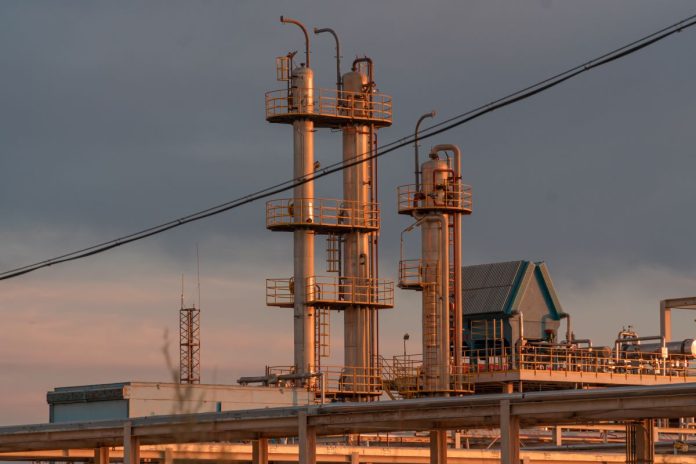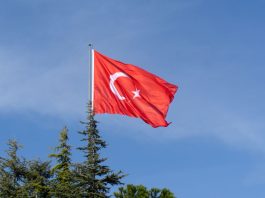Vladivostok, September 5 (FinanceFlashNews.com) – Russia is striving to keep gas transit to the European Union (EU) flowing, but it cannot compel Ukraine to extend the current transit agreement beyond December 31, 2024, said President Vladimir Putin at the Eastern Economic Forum (EEF) in Vladivostok. Putin noted that the future of gas transit depends on Ukraine, not Moscow.
Uncertain Gas Supplies to the EU
Putin expressed that, despite Russia’s efforts to maintain gas supplies to Europe, the EU appears to no longer desire Russian gas. This will result in a reduction of gas flows to the bloc. “It seems that the EU no longer wants our gas,” Putin remarked during the forum.
Since the start of the war in Ukraine in 2022, relations between Russia and the EU have deteriorated sharply, prompting European countries to reduce their reliance on Russian energy supplies. This has led to a steady decline in Russian gas imports to the European market, forcing Russia to explore alternative markets.
Alternative Routes and New Markets
As a result of declining demand from the EU, Russia is turning its attention to new markets. According to Putin, the country plans to increase gas supplies to regions such as Turkey and utilize alternative routes that bypass Ukraine. One of the key projects in this effort is the TurkStream pipeline, which runs under the Black Sea and supplies Southeastern Europe with Russian gas, avoiding Ukrainian territory.
Cooperation with Iran
Putin also announced that Iran has requested more gas from Russia, and the two countries plan to engage in gas swap deals. Strengthening ties with Iran offers Russia an opportunity to expand its presence in the region and mitigate the losses from reduced European demand.
Gazprom Shifts Focus to Domestic Market
Acknowledging that Russia’s gas revenues may decline, Putin assured that Gazprom, the Russian energy giant, will increase its focus on the domestic market to stabilize revenues. “While our gas revenues may fall, Gazprom will boost domestic supply to ensure reliable access for our citizens,” Putin said.
China’s Economy Surpasses the U.S.
During the forum, Putin also highlighted the strength of China’s economy, noting that it has now surpassed the United States in size. “The U.S. economy is strong and has a favorable structure, but the size of China’s economy is larger,” Putin explained. China remains a key economic partner for Russia, particularly in the energy sector, as Moscow faces increasing pressure from Western sanctions.
Strengthening BRICS
Putin underscored the growing importance of the BRICS alliance, which originally consisted of Brazil, Russia, India, China, and South Africa. The group has since expanded to include new members such as Iran and the United Arab Emirates, further enhancing its global influence. “The ties within BRICS are becoming stronger,” Putin remarked, emphasizing the potential of the alliance to reshape global economic and political power.
Conclusion
As Russia seeks to maintain gas transit to Europe, it faces growing challenges in its energy relationship with the EU. With alternative routes and new markets in sight, such as Turkey and Iran, Russia is adapting to the changing geopolitical landscape. Meanwhile, the strengthening of the BRICS alliance offers Moscow an avenue to build new economic ties and leverage its energy resources in emerging markets.
Keywords: Russia, gas transit, EU, Ukraine, Vladimir Putin, Gazprom, Turkey, Iran, China, BRICS, Eastern Economic Forum



